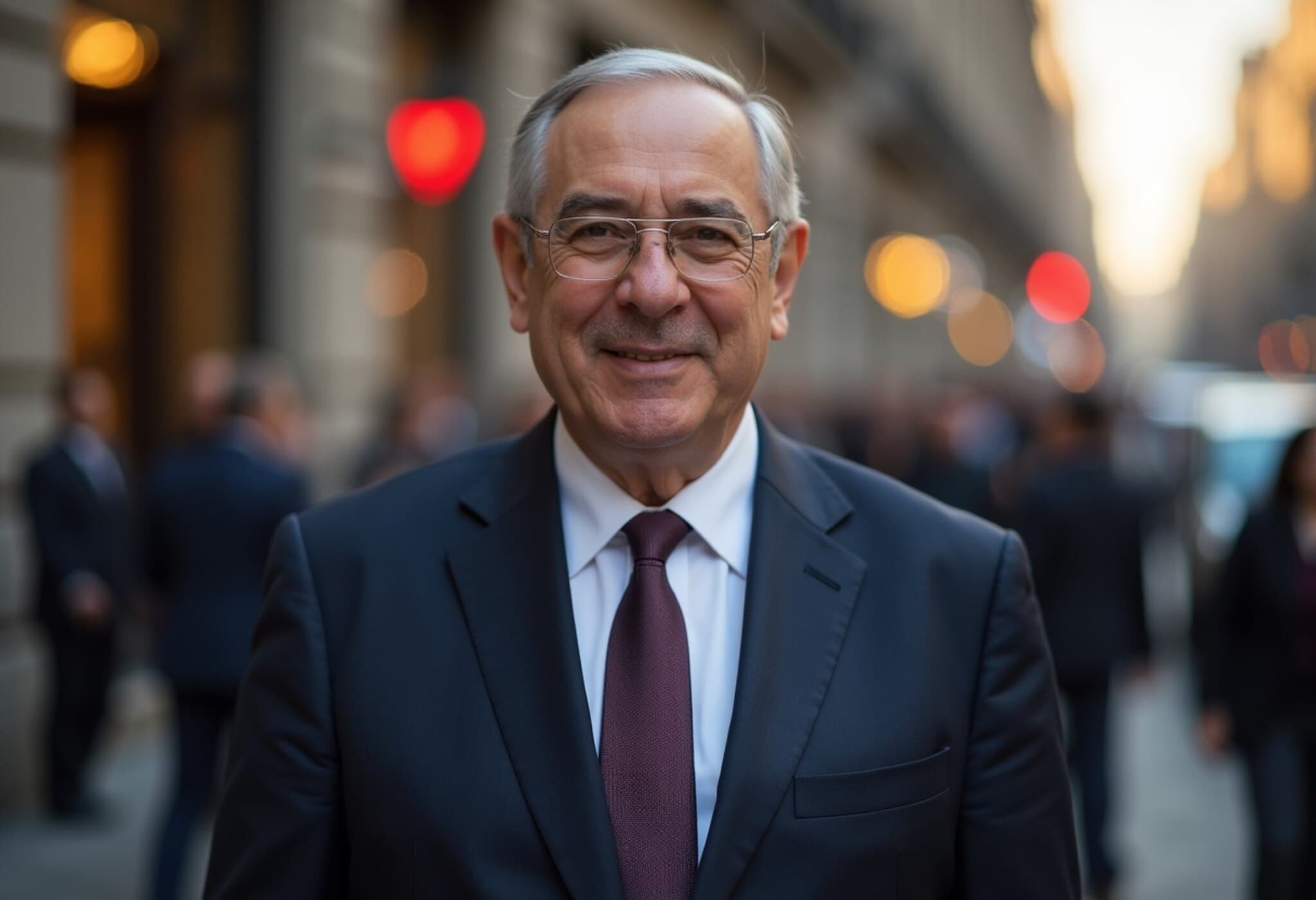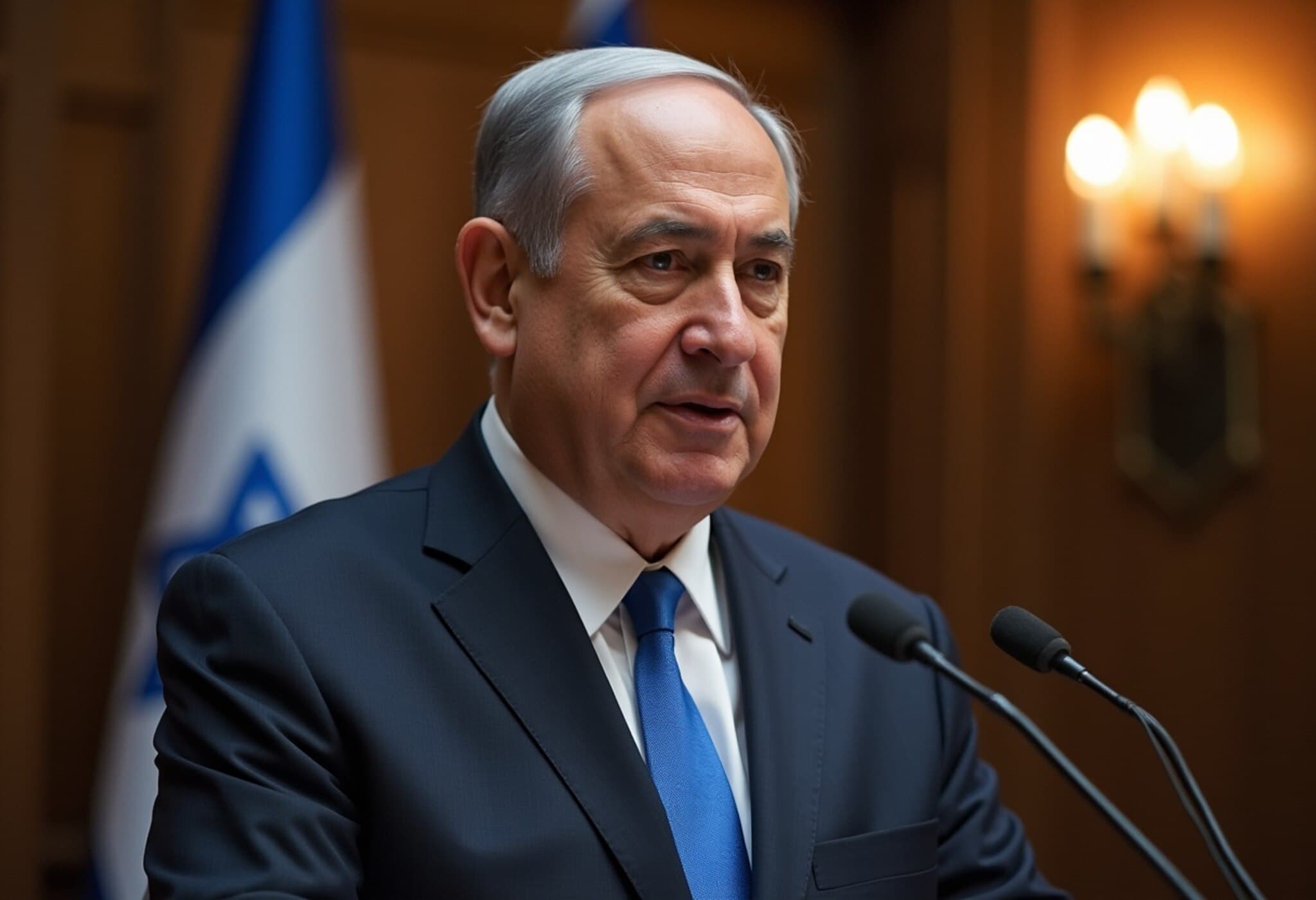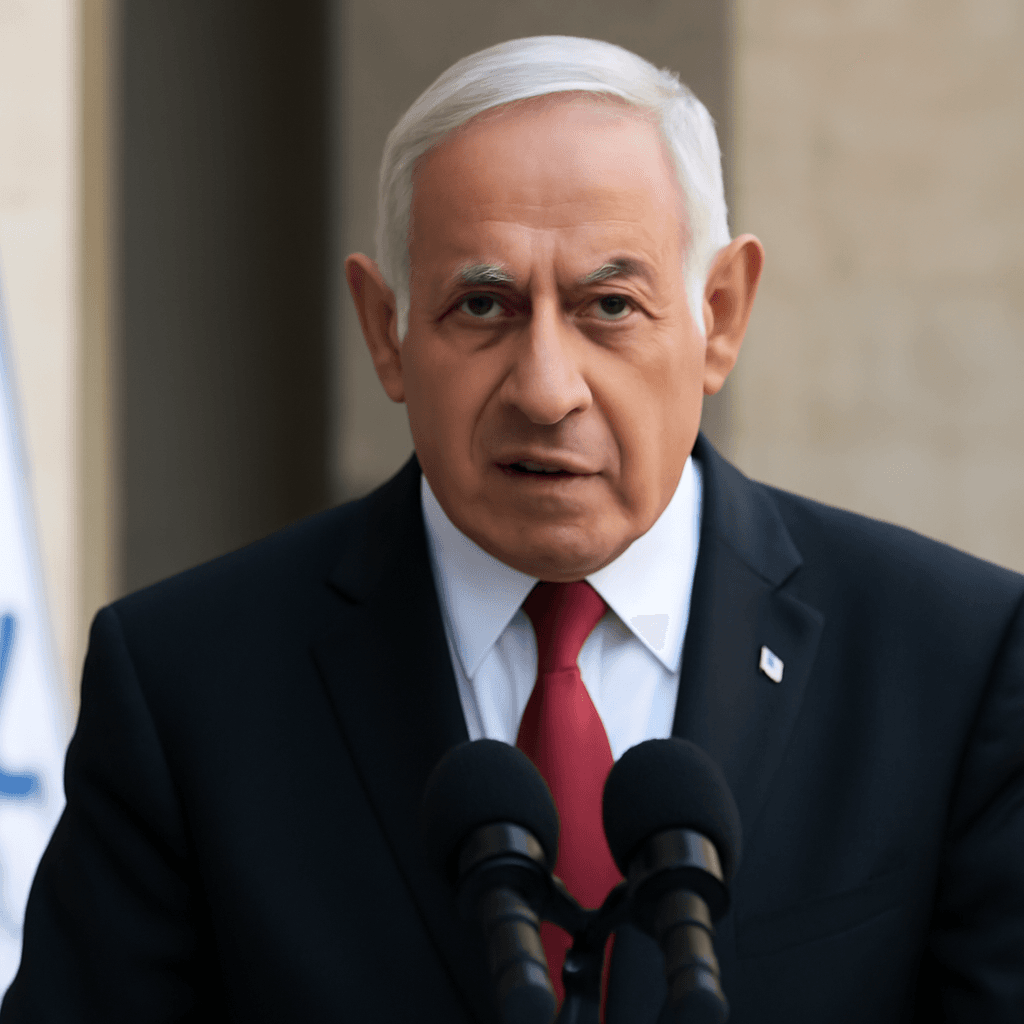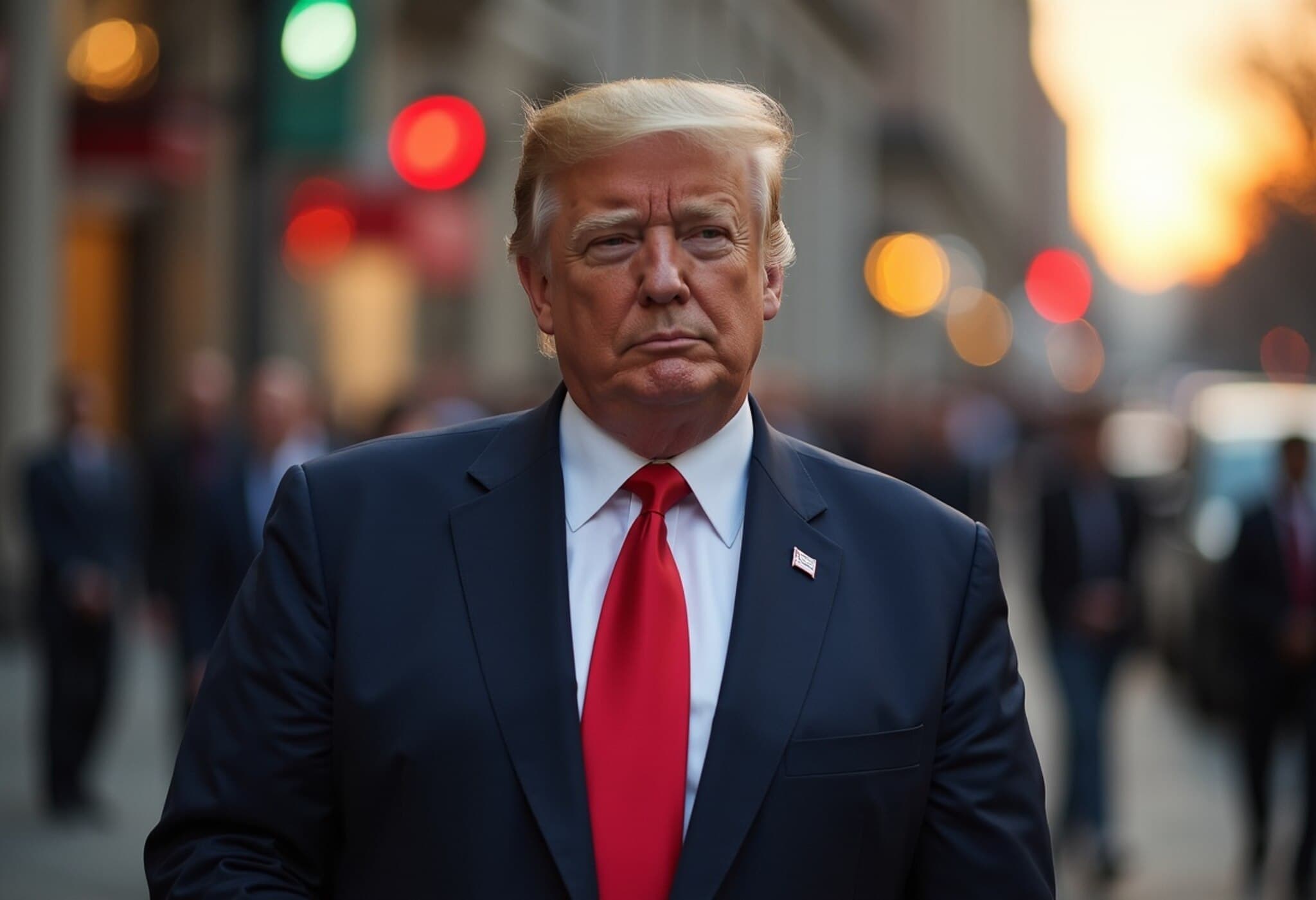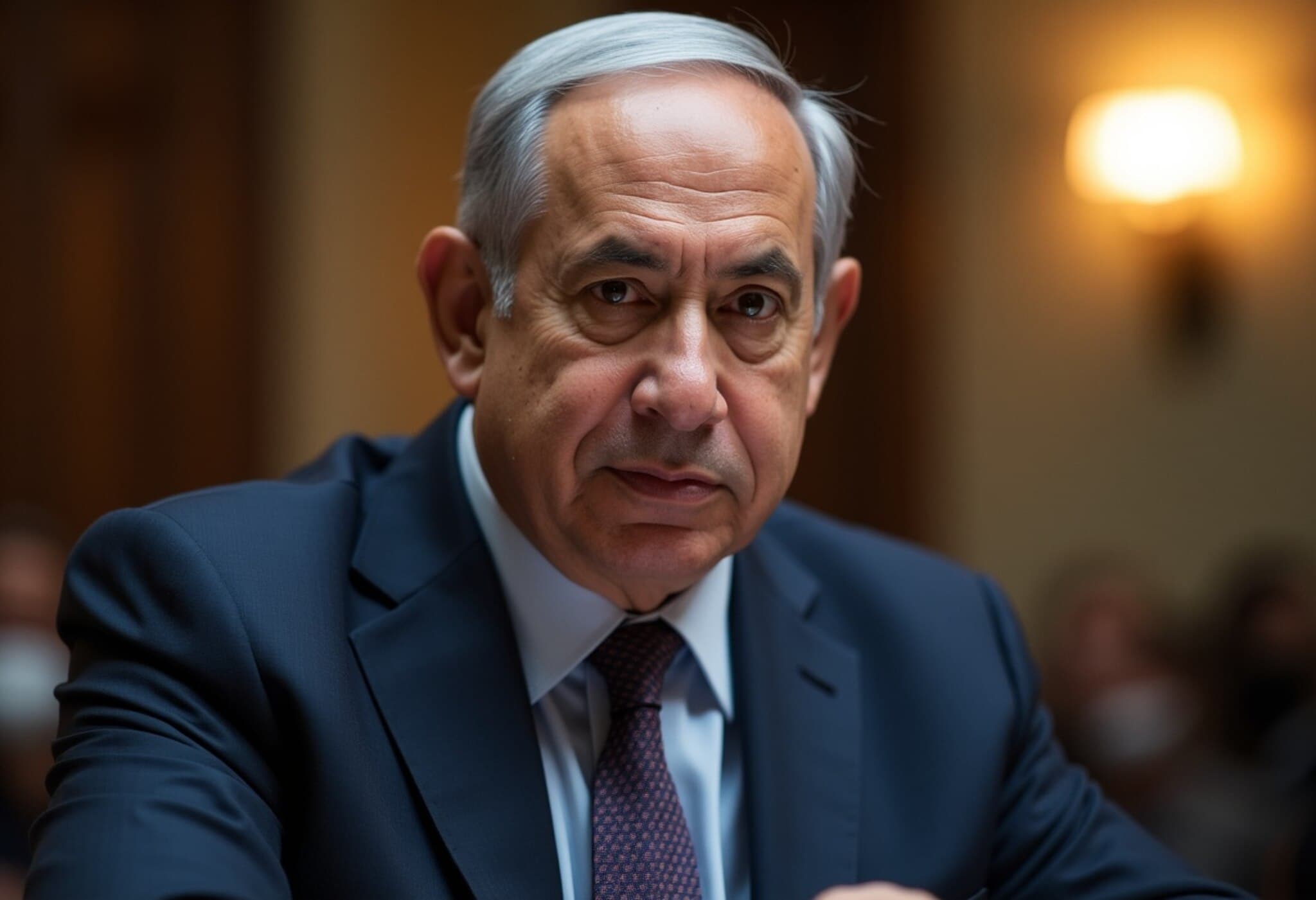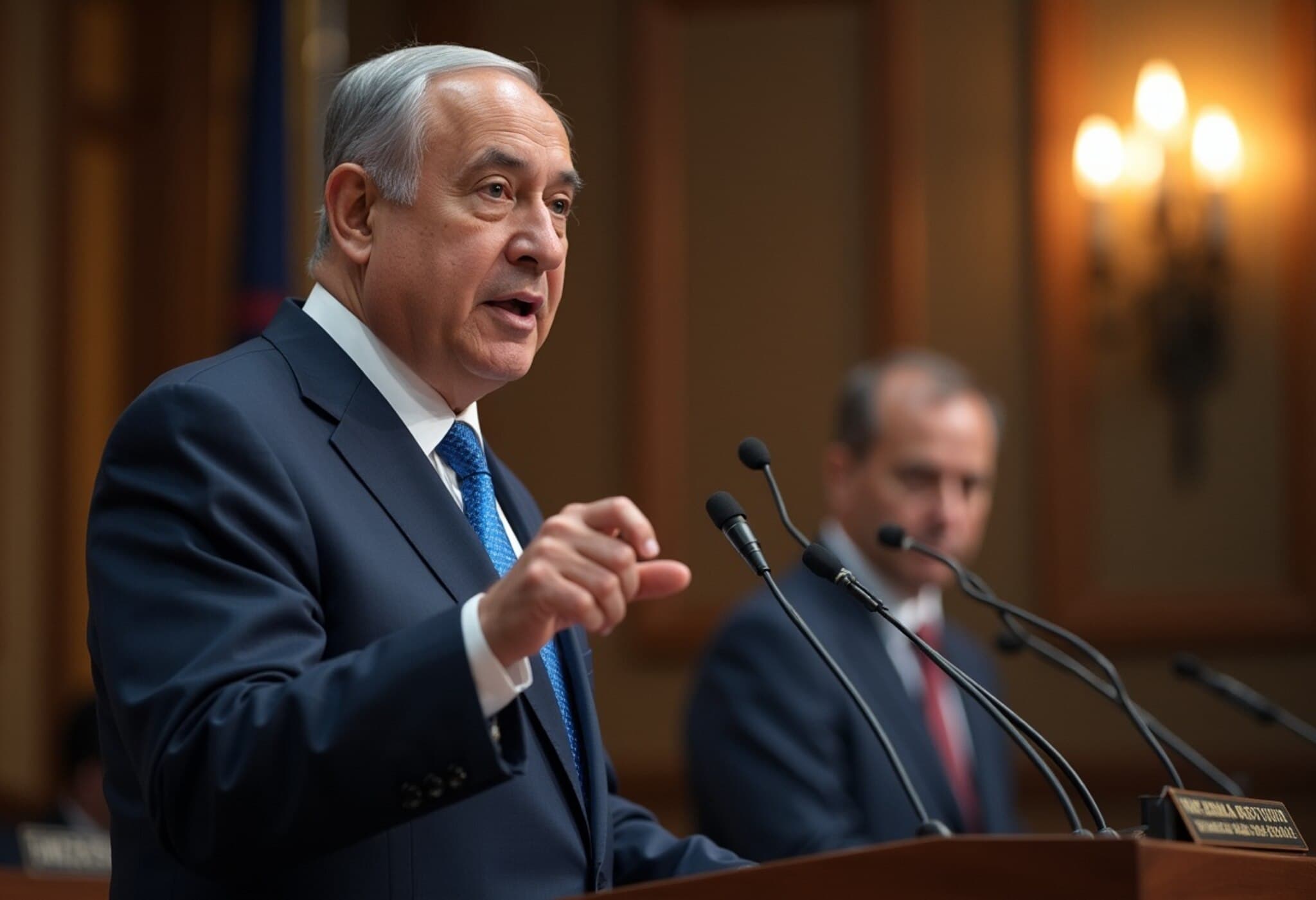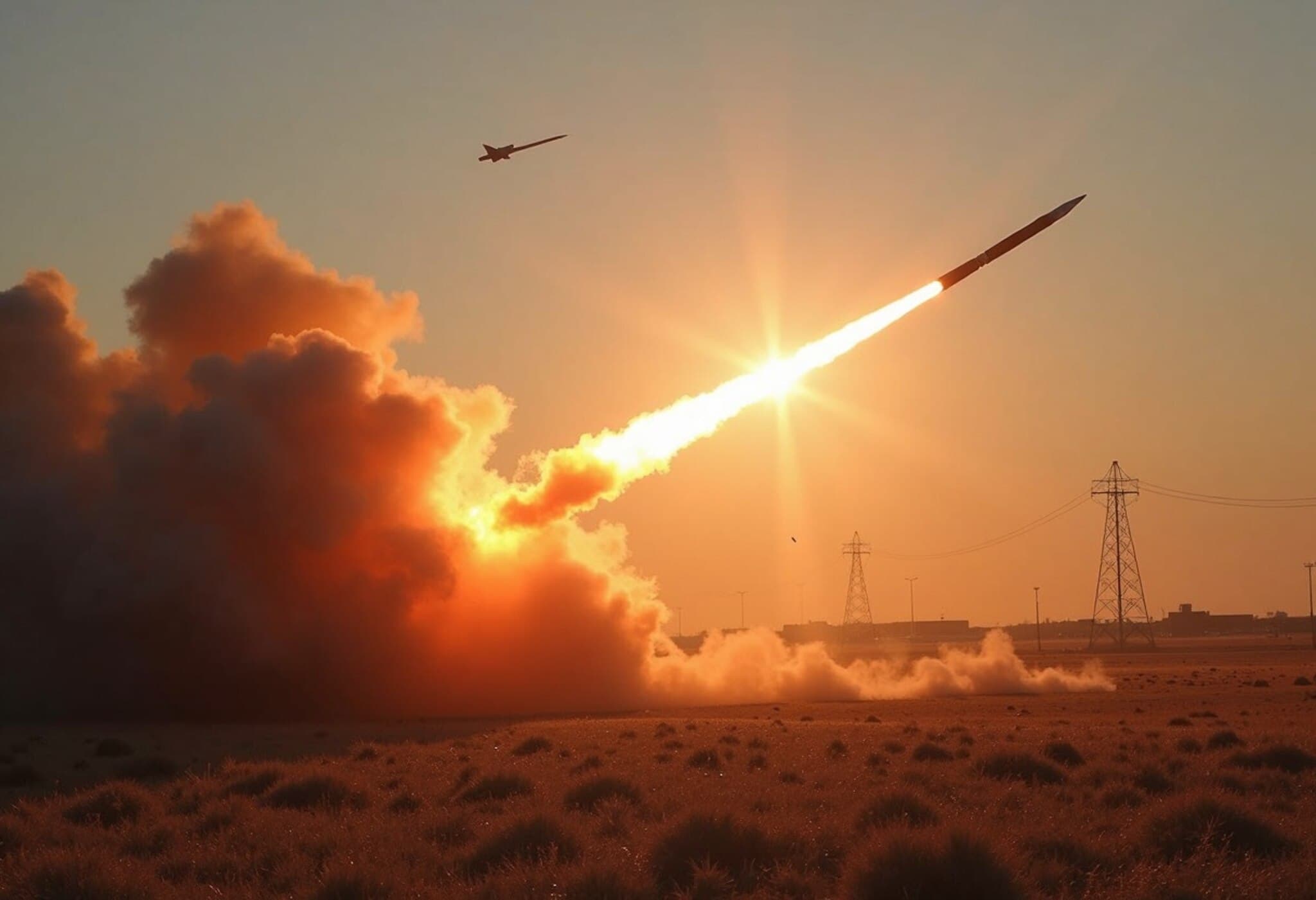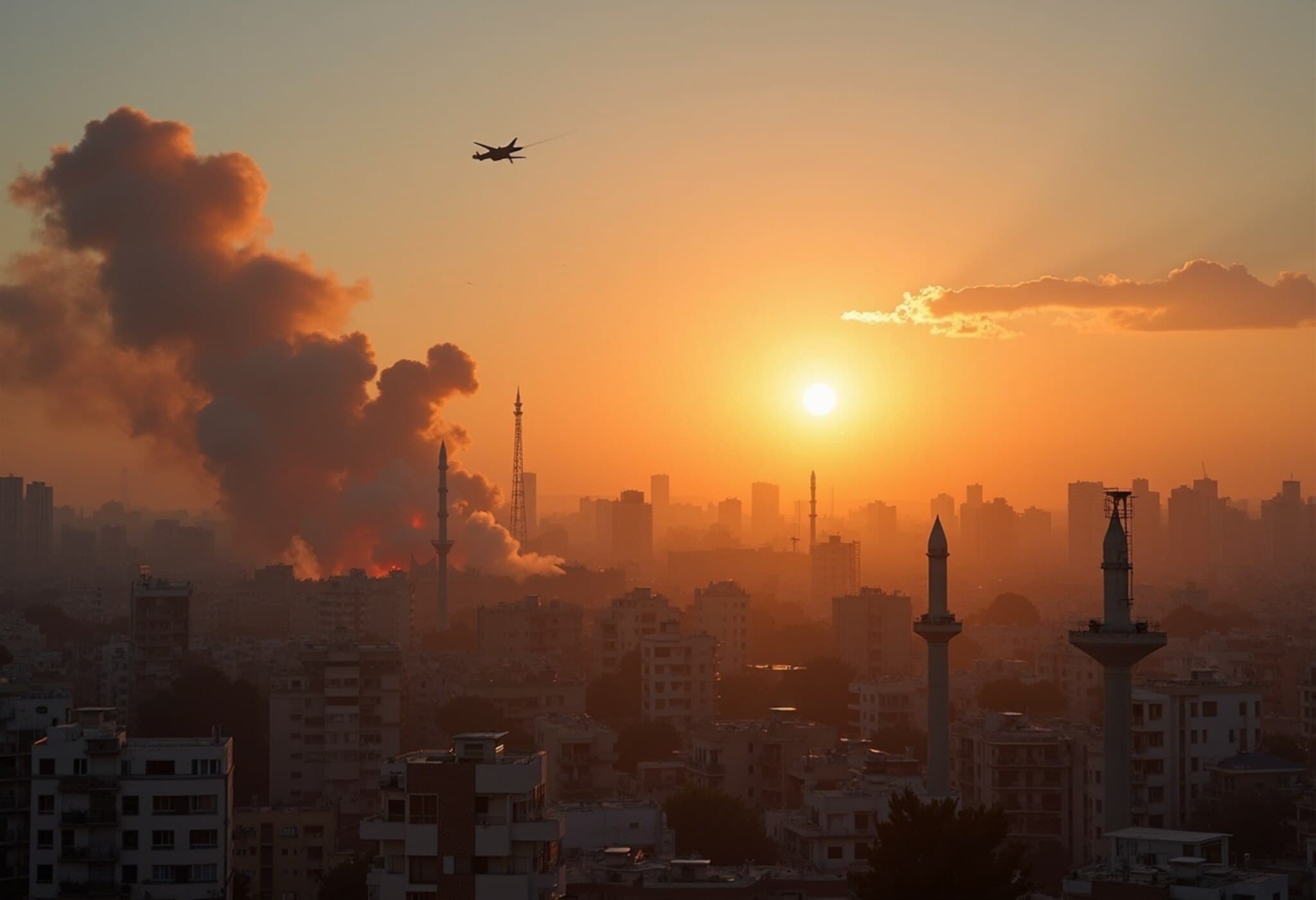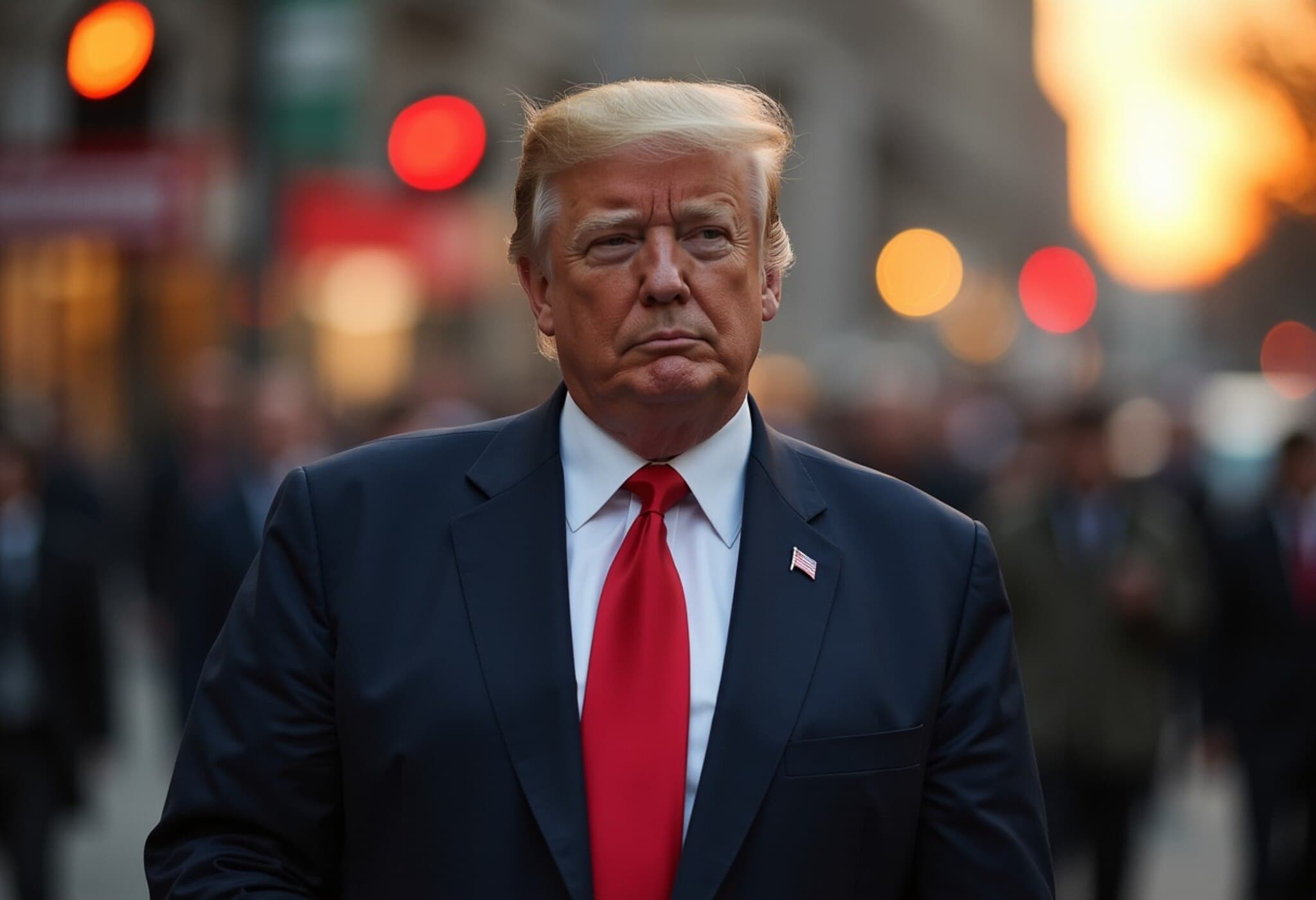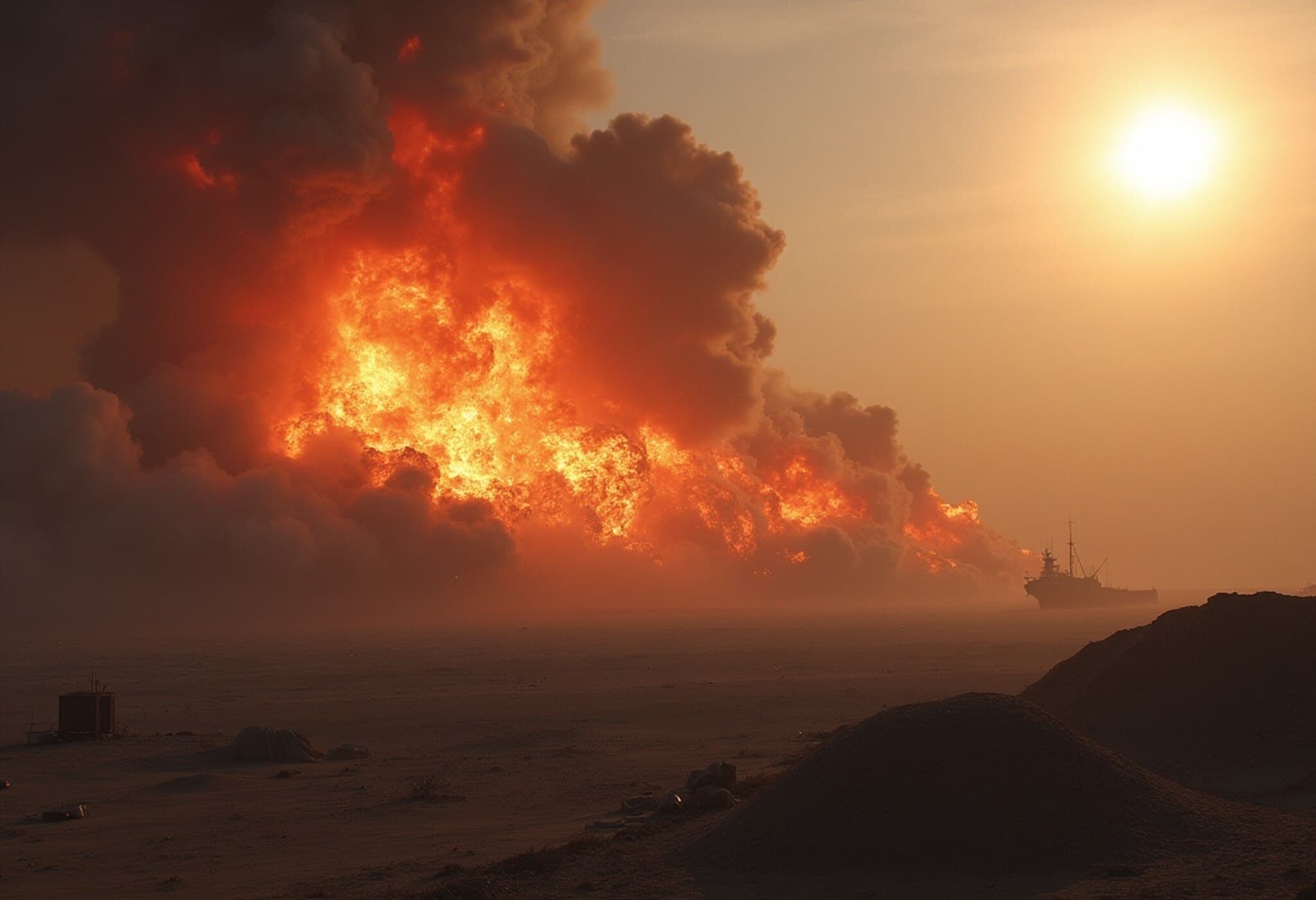Yair Lapid Endorses Netanyahu’s Military Response to Iran
Despite deep political divisions, Israel’s Leader of the Opposition, Yair Lapid, has voiced strong support for Prime Minister Benjamin Netanyahu’s recent military operation against Iran. In an exclusive interview, Lapid described the strikes targeting Iran’s nuclear and military infrastructures as justified and necessary, emphasizing the serious threat Iran poses to Israel.
Addressing the Rising Threat from Iran
Lapid explained that Israel reached a critical juncture where the advancing Iranian nuclear program combined with its expanding ballistic missile arsenal had become intolerable. According to him, Iran was dangerously close to acquiring nuclear weapons, while simultaneously aiming to outmatch Israel’s missile defense capabilities.
“Either a nuclear-armed Iran or a missile imbalance would be an existential threat to Israel,” Lapid stated.
Setting Aside Rivalry for National Security
When questioned if Netanyahu’s military actions were politically motivated, particularly after surviving a parliamentary dissolution vote, Lapid acknowledged his ongoing political rivalry but firmly separated politics from national security necessities.
“Although I have criticized Netanyahu's handling of the Gaza conflict, the operation against Iran is entirely warranted,” he said. Lapid stressed that Israel must remain united in confronting external threats, regardless of political differences.
The Human Cost and Hostage Crisis
Lapid expressed empathy for families impacted by ongoing conflicts, particularly those with loved ones held hostage by Hamas. He stressed that bringing hostages home remains an urgent priority for Israeli society and condemned Hamas for maintaining those captives in inhumane conditions.
Regarding the expanding Gaza conflict, Lapid suggested it was time to seek an end, even as he condemned Hamas’s obstinacy in releasing hostages.
Resilience Amid Ongoing Conflict
With Israel engaged in simultaneous conflicts against Hamas, Hezbollah, the Houthis, and now Iran, Lapid acknowledged concerns over war fatigue but highlighted Israel's social cohesion and resilience as sources of strength.
“We don’t want to be a nation at war; the public longs for peace. Yet, we cannot permit our enemies to develop weapons capable of destroying us,” Lapid affirmed.
Response to International Concerns
Addressing views that Israel’s strikes could undermine U.S.-led nuclear negotiations with Iran, Lapid dismissed these concerns, arguing that Iran’s history of deception justifies Israel’s direct action. He reiterated that the operation aims to protect not only Israel but global security by crippling Iran’s nuclear ambitions.
Civilian Impact and Military Precision
When questioned about strikes near civilian locations, including those close to his own family, Lapid emphasized Israel’s focus on legitimate military targets and starkly contrasted it with Iran’s indiscriminate missile attacks on hospitals and residential areas.
Looking Ahead: Goals and Political Dynamics
Lapid voiced cautious optimism about possible U.S. support, underscoring that dismantling Iran’s nuclear program would serve global stability. He also remarked on recent cabinet resignations by far-right ministers over ceasefire agreements, highlighting his desire for a more moderate and pragmatic government in the future.
In conclusion, Lapid underscored the importance of unity against common existential threats while maintaining hope that peace and a stable government can emerge once these dangers are addressed.

